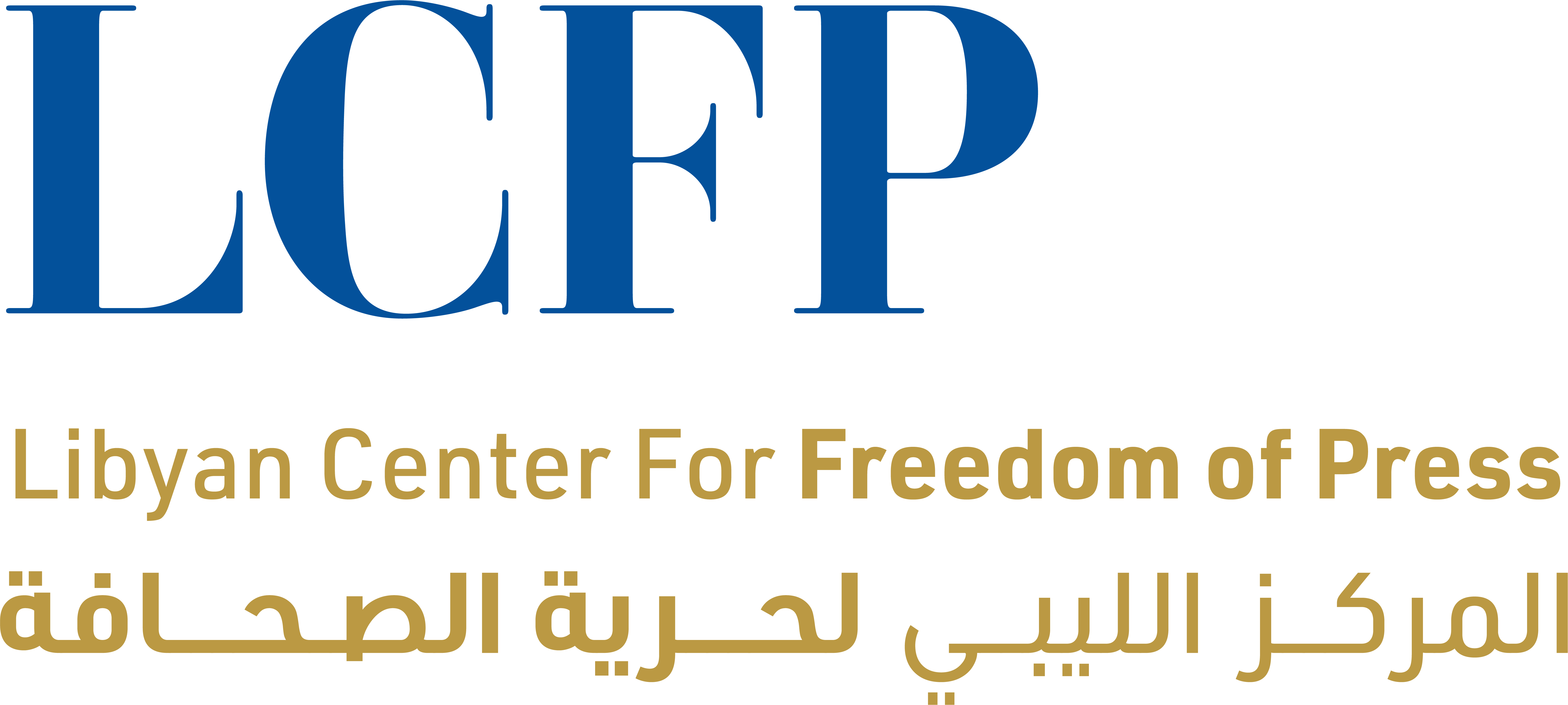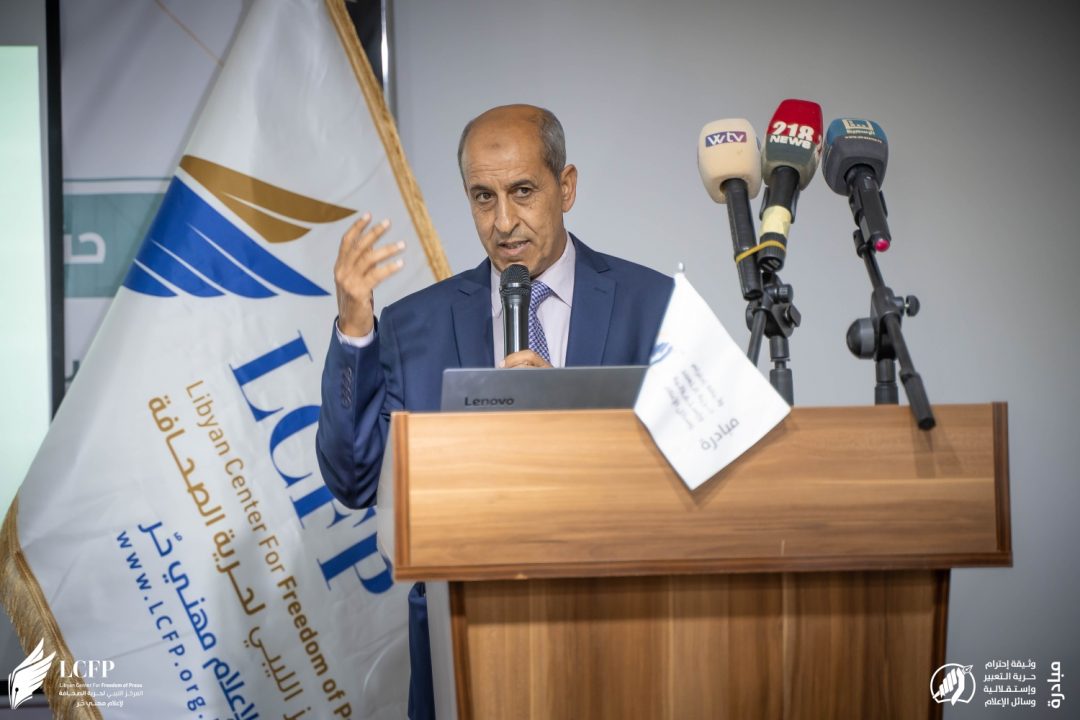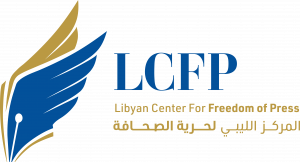Misrata/October 9
A new discussion session was held in the city of Misrata within the National Initiative for the drafting of a “document respecting freedom of expression and the independence of media institutions”. Twenty journalists, television correspondents, academics and legal professionals participated in the Session. The discussion was mainly about the need for media practices to be regulated by national legislations that enhance independence and freedom.
The participants agreed on the necessity of providing a draft law to set up the National Media Foundation that is independent from the executive government and is responsible for managing and reorganizing the media sector and public media. It should also reorganize radio and television broadcast, grant licenses to private media institutions and oblige them to disclose their funding sources, and make them respect the regulations and standards it sets. The National Media Foundation is the highest independent authority. Its role is regulation. The members of its board of directors have the necessary expertise.
The participants focused on the need to protect reputation and privacy. It is necessary according to them, to set executive regulations to ensure that media institutions are not involved in spreading rumors and biased news that harm the reputation of others. In addition, the Foundation should reform the general sanction procedures related to publishing issues. The participants agreed that respect should prevail between political actors. Freedom of expression is a sacred right that is a part of the national constants. However, it should not threaten civil peace, public health or public order. Government officials will be bound to disclose information through the law on access to information to be adopted by the coming legislative authority.
The participants also highlighted the need to activate monitoring and oversight on press and digital content. It is necessary to focus on combating disinformation, hate speech, rumors and spreading for destructive ideas on social media. Internet should be regulated in order to enhance its position as a free digital space.
The participants find it imperative to develop educational curricula for Libyan media colleges, to develop media laboratories and to enhance their technical capacities. They also called on the candidates to the upcoming national elections to pledge to work with civil society and journalists on draft laws related to press and publishing. They also have to work on the law of the National Media Foundation, which is being prepared by experts in the field of media and law in the National Committee for reviewing media draft laws administered by the Libyan Organization for Independent Media.


